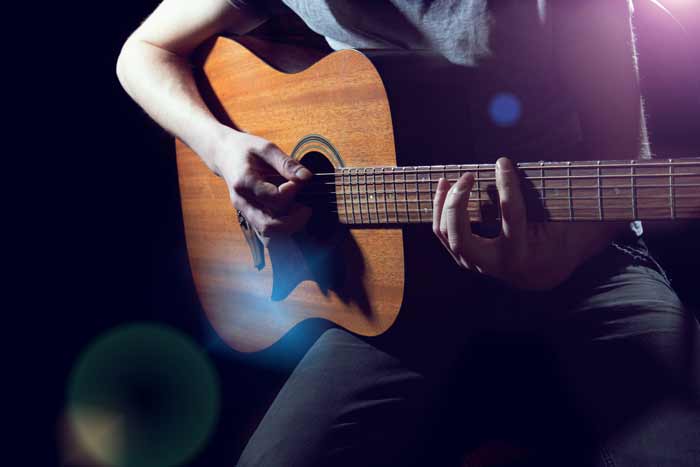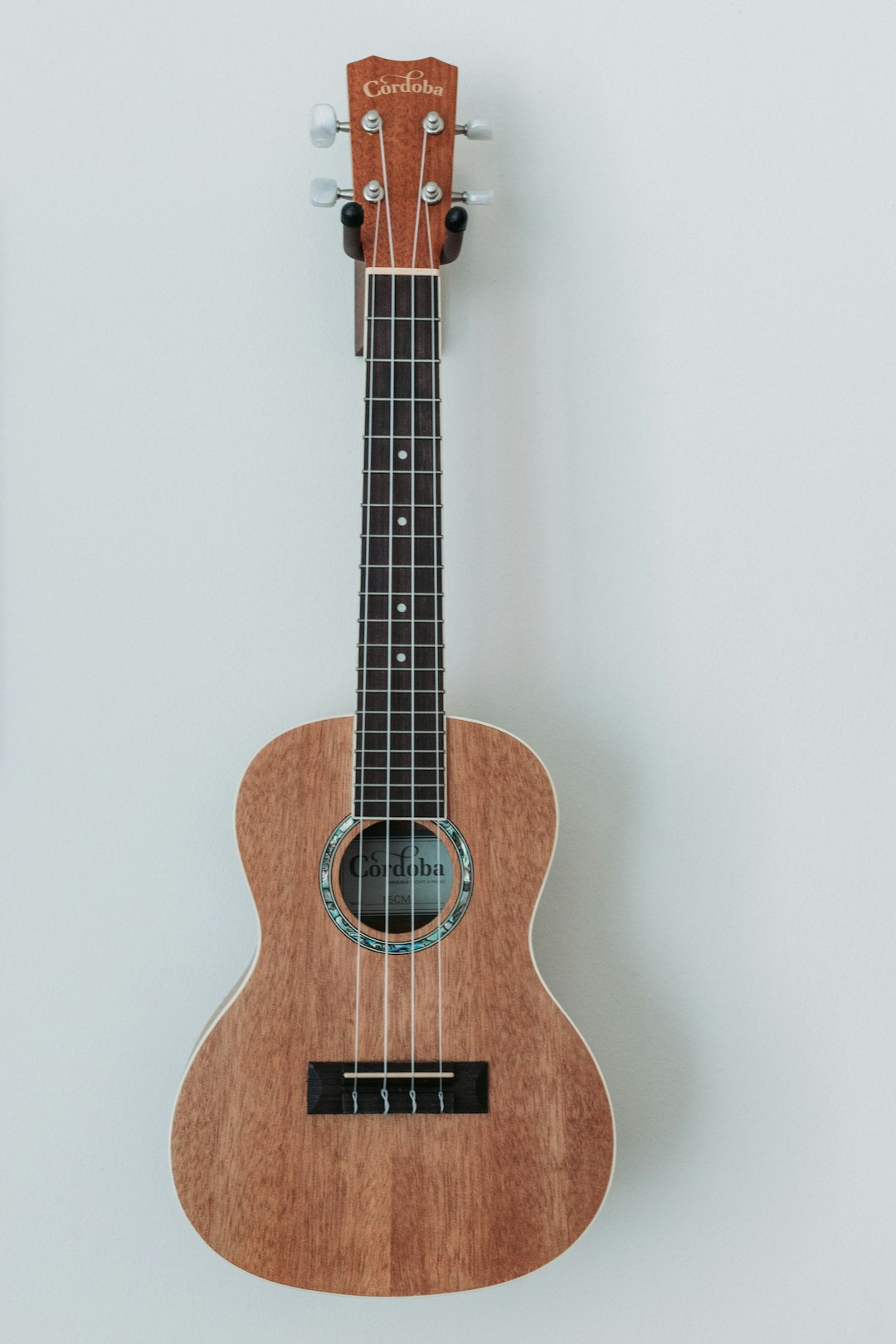What is the right hand guitar position to improve his technique?
NewsWhat is the right right hand position to improve his technique?
Whether you are using an electric guitar or an acoustic guitar, it is important to remember that the arm and fingers of the right hand should be relaxed, placed naturally on the body of the guitar and on the strings. The wrist should also remain flexible to facilitate movement.
To trigger the sound of a guitar, you will “pinch” or scratch” with your right hand (you can also play with a plectrum if you want).

To get the best position, the elbow of the right arm rests on the outer edge of the guitar. The bend of the elbow aligns with the front stop of the crate. Thus positioned, the fingers of the hand naturally reach the rosette on an acoustic guitar, or above the microphones on an electric guitar.
The movement of the arm must sweep the strings up and down, halfway between the bottom of the handle and the bridge (the right hand crosses the strings at an angle of approximately 60°, without being perpendicular or parallel to them).
Some left-handed guitarists play with a right-handed guitar. If you are left-handed, try to take a standard guitar in your hands and observe how you feel. If this sounds strange to you, try playing the other way (with the head of the guitar pointing to the right).
If this position seems more comfortable to you, you will need to redo the mounting of the ropes upside down. Ask your nearest music store, it should be able to do it for you.

A few often used terms
- Picking: Play one rope at a time.
- Fingerpicking: Arpeggios.
- Strumming: Play all strings at once.
We have developed video exercises that will allow you to get better dexterity from your right hand.
CoachGuitar classes are accessible.
It's up to you to play!
; -)
Written by Brizzly
on 2019-03-25 15:50:12
Keep reading



The Guitar: One of the Major Figures in the Iconography of Pablo Picasso
The Guitar: One of the Major Figures in the Iconography of Pablo Picasso







